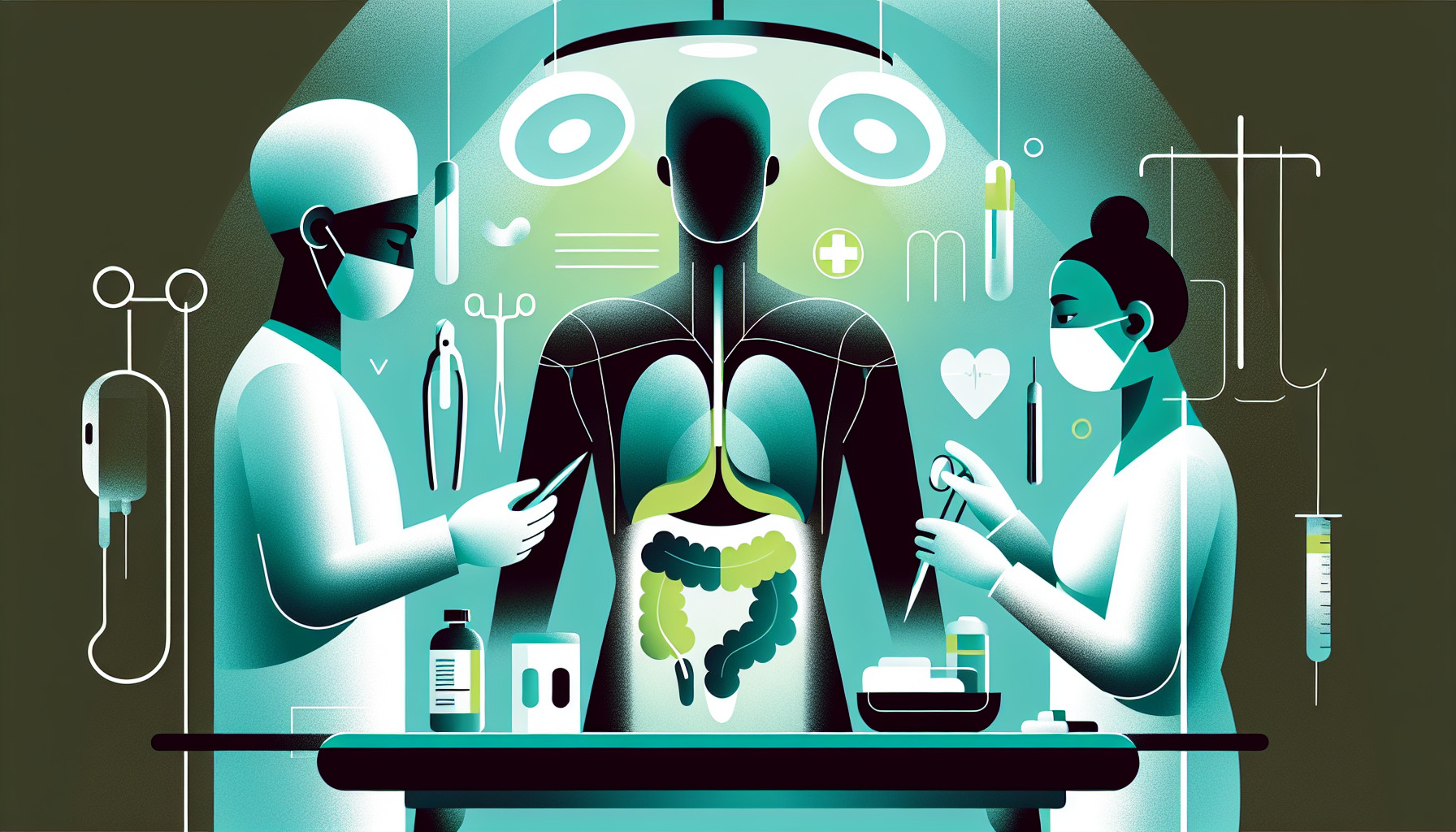Our Summary
The study looked at the relationship between having an appendix removed (appendectomy) and the later risk of getting cancer. Researchers used data from a long-term Dutch study of people over 55 that began in 1990. They found that roughly 19% of the 7,135 participants had their appendix removed and that 1,632 developed cancer. After considering factors like age, sex, socioeconomic status, body mass index, smoking habits, diabetes, and alcohol intake, they found that those who had their appendix removed had a lower risk of getting cancer. This was particularly noticeable for gastrointestinal cancer, specifically colon cancer, and cancers of the female reproductive organs. These findings contradict earlier studies that suggested having an appendix removed increased the risk of cancer. However, more research is needed to confirm these results and understand why this may be the case.
FAQs
- Does having an appendix removed decrease the risk of getting cancer?
- What types of cancer are less likely to develop in individuals who have had their appendix removed?
- Do these findings contradict earlier studies about the link between appendectomy and cancer risk?
Doctor’s Tip
A doctor might tell a patient who is considering an appendectomy that recent research suggests that having your appendix removed may actually lower your risk of certain cancers, particularly gastrointestinal and female reproductive cancers. However, it’s important to discuss the potential risks and benefits with your healthcare provider before making a decision.
Suitable For
Patients who are typically recommended appendectomy are those who have been diagnosed with appendicitis, which is inflammation of the appendix. Appendectomy is a common treatment for appendicitis, as leaving the inflamed appendix untreated can lead to complications such as rupture, infection, and even death. Other conditions that may warrant an appendectomy include appendiceal tumors, appendiceal abscesses, and recurrent abdominal pain that is suspected to be caused by the appendix. Ultimately, the decision to recommend an appendectomy is based on the individual patient’s symptoms, medical history, and overall health.
Timeline
Before appendectomy:
- Patient experiences acute abdominal pain, often starting near the belly button and then moving to the lower right side of the abdomen.
- Patient may also experience nausea, vomiting, and loss of appetite.
- Patient goes to the hospital or doctor for evaluation and diagnosis.
- Diagnosis of appendicitis is made through physical examination, blood tests, and imaging tests such as ultrasound or CT scan.
- Patient is scheduled for appendectomy surgery.
After appendectomy:
- Patient undergoes appendectomy surgery, which can be done laparoscopically or through open surgery.
- Recovery time varies but typically involves staying in the hospital for 1-2 days.
- Patient may experience pain, soreness, and discomfort at the incision site.
- Patient is advised to rest and avoid strenuous activities for a few weeks.
- Patient gradually resumes normal activities and diet as directed by their healthcare provider.
- Follow-up appointments are scheduled to monitor healing and address any complications.
- Patient may experience long-term changes in bowel habits or digestive issues, but these are usually temporary.
- Patient is at a lower risk of developing certain types of cancer, as suggested by recent research findings.
What to Ask Your Doctor
- Is an appendectomy necessary in my case, or are there other treatment options available?
- What are the potential risks and benefits of having an appendectomy?
- How will having my appendix removed affect my long-term health and risk of developing cancer?
- Will having an appendectomy affect my digestive system or overall well-being in any way?
- Are there any lifestyle changes or precautions I should take after having an appendectomy?
- How long is the recovery process after an appendectomy, and what can I expect during this time?
- Are there any signs or symptoms I should watch out for after the surgery that may indicate complications?
- How often should I follow up with you or another healthcare provider after the appendectomy?
- Are there any specific dietary restrictions or recommendations I should follow after having my appendix removed?
- Are there any ongoing studies or research that I should be aware of regarding the relationship between appendectomy and cancer risk?
Reference
Authors: van den Boom AL, Lavrijssen BDA, Fest J, Ikram MA, Stricker BH, van Eijck CHJ, Ruiter R. Journal: Cancer Epidemiol. 2022 Apr;77:102120. doi: 10.1016/j.canep.2022.102120. Epub 2022 Feb 26. PMID: 35228019
